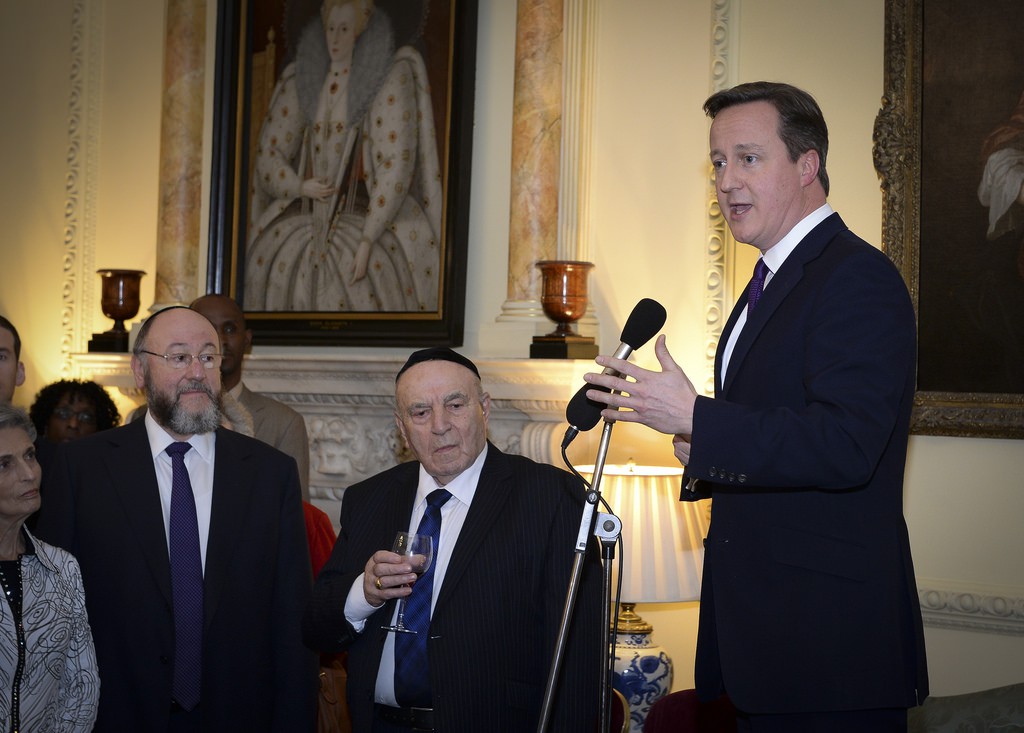
The UK is one of 31 members of the International Holocaust Remembrance Alliance (IHRA), an intergovernmental body born in 1998 to expand Holocaust education worldwide, and to secure political and social leaders’ support behind the need for Holocaust education, remembrance and research both nationally and internationally. In February this year we will take over the rotating Chairmanship of the organisation.
The UK was one of the leading countries in the establishment of the IHRA, and this week – the week of the annual Holocaust Memorial Day – has seen British leaders remembering the Shoah. The Prime Minister has also launched a high level Holocaust Commission to ensure Britain has a permanent memorial to the Holocaust and educational resources for future generations. As Chief Rabbi Ephraim Mirvis said at the launch, the Commission will help ensure “that we in Britain learn the lessons and do our utmost to prevent the reoccurrence of such atrocities against any group anywhere in the world”.
The UK Envoy for Post Holocaust Issues, Sir Andrew Burns, will be the next IHRA Chair, and is this week visiting the Holy See alongside the current Canadian Chair in Office, Dr Mario Silva. Between them, they are looking forward to exploring the role of the Holy See and the wider Catholic Church in Holocaust remembrance and education.
This is a propitious time for such a visit. In May, Pope Francis will be in Jerusalem where he will visit the Shoah memorial at Yad Vashem. The Pope has already said how keen he is to see the extensive Vatican archives relating to World War II opened to scholars as soon as the relevant 16 million documents have been catalogued, something that may happen within the next two years. With one of the most extensive educational networks across the world, the Church also has an unmatched resource – from primary to post-Doctorate level – that could play a hugely important part in improving global understanding of the Holocaust.
Sadly, modern examples of intolerance, religious and ethnic hatred, and violence against “the other” teach us that we can never be complacent about man’s capacity to injure man. Holocaust remembrance plays an essential role in helping us both understand and overcome this, and I am looking forward to positive conversations with the Holy See this week.

